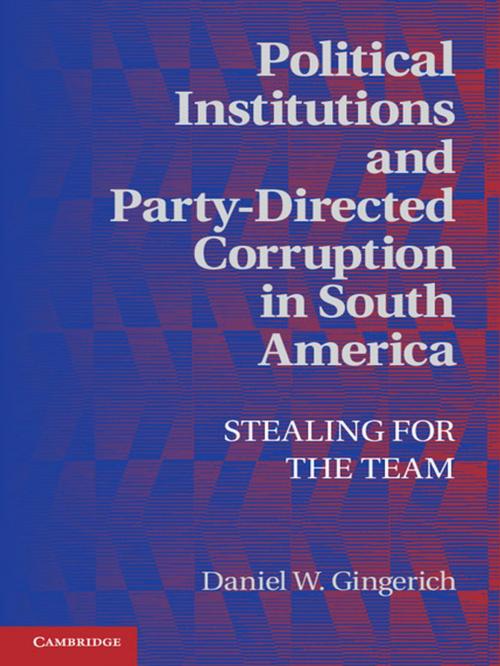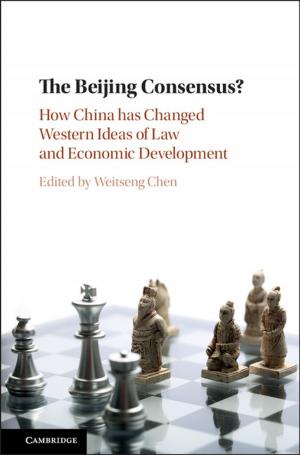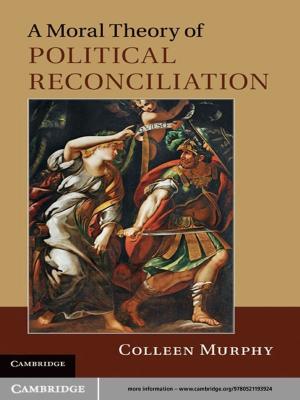Political Institutions and Party-Directed Corruption in South America
Stealing for the Team
Nonfiction, Social & Cultural Studies, Political Science, Social Science, Business & Finance| Author: | Daniel W. Gingerich | ISBN: | 9781107703063 |
| Publisher: | Cambridge University Press | Publication: | December 2, 2013 |
| Imprint: | Cambridge University Press | Language: | English |
| Author: | Daniel W. Gingerich |
| ISBN: | 9781107703063 |
| Publisher: | Cambridge University Press |
| Publication: | December 2, 2013 |
| Imprint: | Cambridge University Press |
| Language: | English |
An important question for the health and longevity of democratic governance is how institutions may be fashioned to prevent electoral victors from drawing on the resources of the state to perpetuate themselves in power. This book addresses the issue by examining how the structure of electoral institutions - the rules of democratic contestation that determine the manner in which citizens choose their representatives - affects political corruption, defined as the abuse of state power or resources for campaign finance or party-building purposes. To this end, the book develops a novel theoretical framework that examines electoral institutions as a potential vehicle for political parties to exploit the state as a source of political finance. Hypotheses derived from this framework are assessed using an unprecedented public employees' survey conducted by the author in Bolivia, Brazil and Chile.
An important question for the health and longevity of democratic governance is how institutions may be fashioned to prevent electoral victors from drawing on the resources of the state to perpetuate themselves in power. This book addresses the issue by examining how the structure of electoral institutions - the rules of democratic contestation that determine the manner in which citizens choose their representatives - affects political corruption, defined as the abuse of state power or resources for campaign finance or party-building purposes. To this end, the book develops a novel theoretical framework that examines electoral institutions as a potential vehicle for political parties to exploit the state as a source of political finance. Hypotheses derived from this framework are assessed using an unprecedented public employees' survey conducted by the author in Bolivia, Brazil and Chile.















